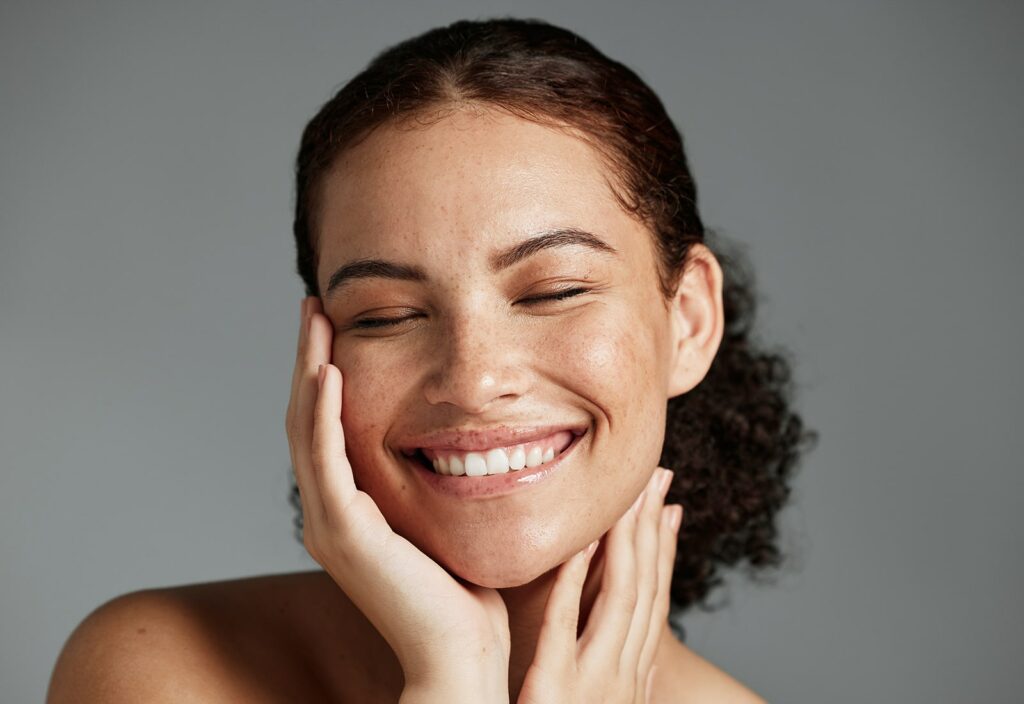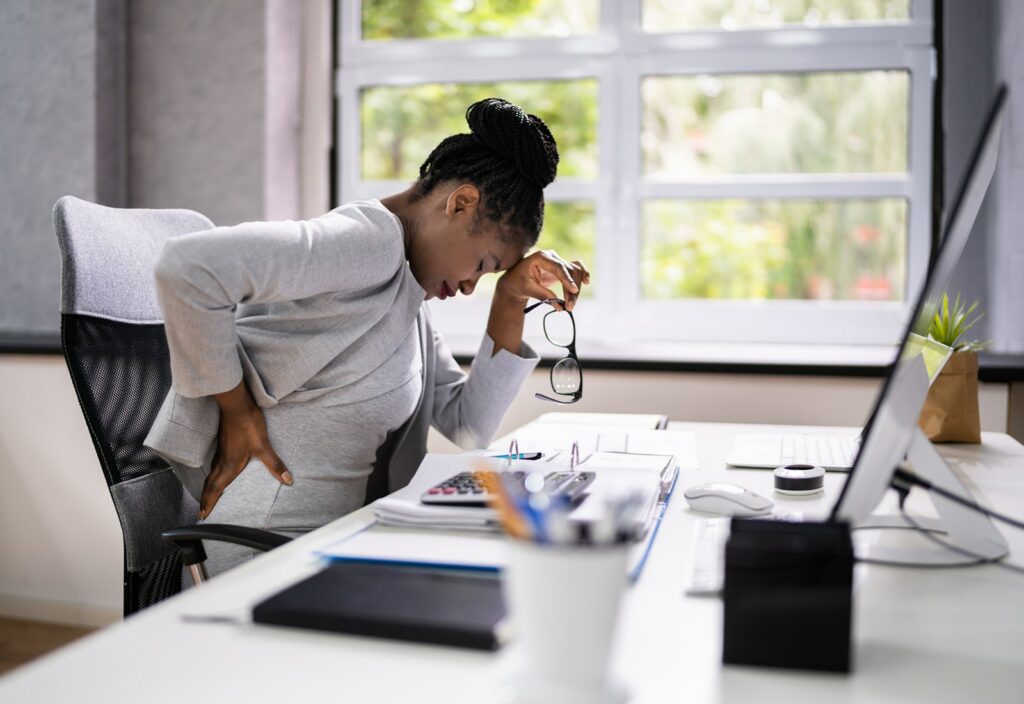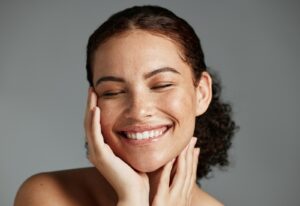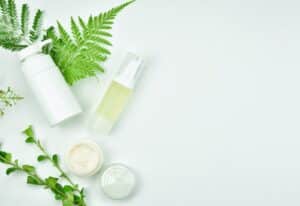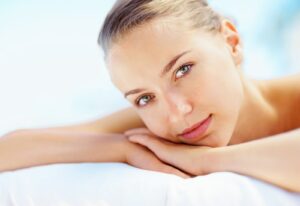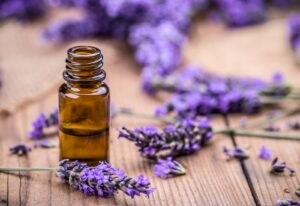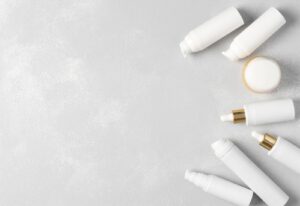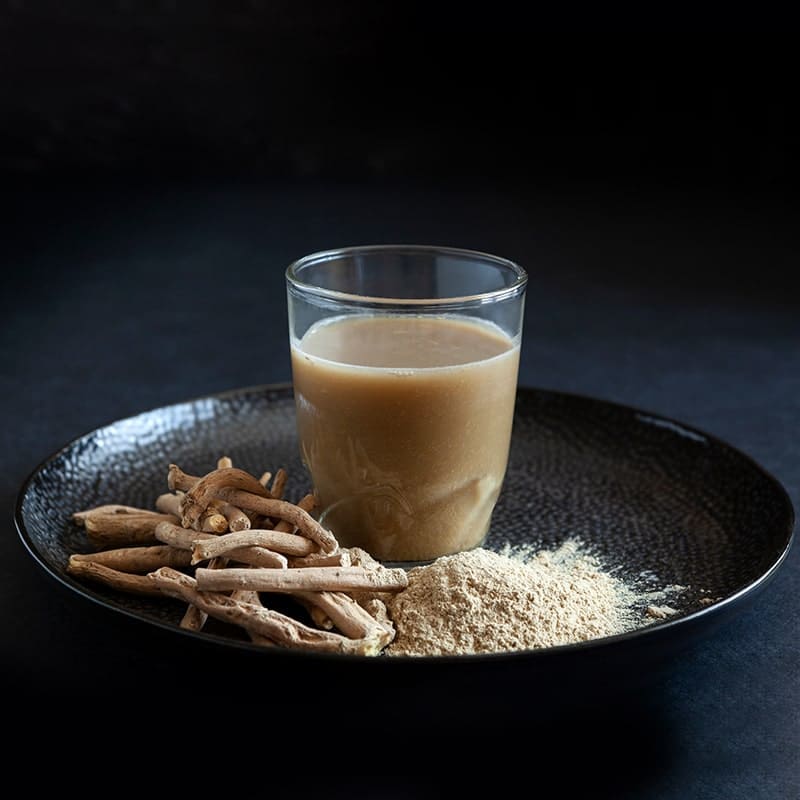 With its roots deeply embedded in the ancient practice of Ayurvedic medicine, Ashwagandha, also known as the Indian Winter Cherry, is considered one of the most potent adaptogens known to humans. This medicinal herb, known by its scientific name, Withania somnifera, has gained widespread recognition for its potential benefits – from calming properties to enhancing physical performance. Its rich phytochemical composition, including the active constituents known as withanolides, makes it a focal point of interest for scientific research and a popular choice among holistic health seekers.
With its roots deeply embedded in the ancient practice of Ayurvedic medicine, Ashwagandha, also known as the Indian Winter Cherry, is considered one of the most potent adaptogens known to humans. This medicinal herb, known by its scientific name, Withania somnifera, has gained widespread recognition for its potential benefits – from calming properties to enhancing physical performance. Its rich phytochemical composition, including the active constituents known as withanolides, makes it a focal point of interest for scientific research and a popular choice among holistic health seekers.
Acne is a common skin problem that many people face worldwide. It’s not just about looks; it can also make teens and young adults feel bad. The main reasons for acne include hormone changes, too much oil on the skin, and inflammation. It’s important to know what causes it, especially when we think about things in our daily life and food, like the supplement Ashwagandha.
Origins and Traditional Uses of Ashwagandha
The Science Behind Ashwagandha
Indian Winter Cherry owes its potency to a spectrum of bioactive compounds. Most notably, it contains withanolides steroid lactones believed to confer the herb’s adaptogenic properties. Other constituents include alkaloids, choline, fatty acids, and amino acids, all contributing to the herb’s broad-spectrum benefits.
The Spectrum of Ashwagandha's Health Benefits
Ashwagandha offers a range of benefits. It supports clearer thinking and strengthens the immune system. It can help manage stress, promote better sleep, and boost energy. Recent studies also suggest potential benefits for arthritis and diabetes.
Understanding Acne: Causes and Triggers
The Physical and Emotional Impact of Breakouts
The Physical Impact of Acne
The physical manifestations of acne are often the first and most apparent aspect people notice. The skin condition can vary from mild, occasional breakouts to severe cystic acne that covers large portions of the skin. These eruptions can be tender to the touch, and severe cases can lead to scarring and skin discoloration. If you have Acne vulgaris, you may have to deal with ongoing discomfort, especially cystic acne breakouts, which can be quite painful. Even when the breakout is less severe, it can be irritating and a constant reminder of the skin condition.
Tackling acne isn’t just tough emotionally; it’s hard on the skin too. Different treatments can cause reactions like dryness, peeling, or sensitivity. And for those on more intense treatments? They might deal with really dry skin, sensitivity to sunlight, and sometimes even other body-wide side effects.
The Emotional Impact of Acne
Addressing the Impact
-
Dealing with acne isn’t just about the physical discomfort; it can be an emotional rollercoaster, too. The stress often comes from noticeable acne and the pressure to have clear skin. Many with acne struggle with their self-worth and how they view themselves. It’s easy to feel judged or looked at differently because of breakouts. This might mean avoiding social events, not joining in on activities, constantly trying to hide acne scars, or avoiding in-person chats. Spending so much effort to hide it can be mentally tiring.
Research has shown a strong correlation between acne and mental health conditions. People with acne are at a higher risk of experiencing anxiety, depression, poor self-image, and decreased quality of life. Acne can be a real challenge. Searching for the right treatment and feeling unhappy with your appearance can make you feel down and defeated. The worst part is stress about acne can actually make it worse, creating a frustrating loop. Worrying about scars, what others think, and questioning your value can crank up the stress and shake your confidence.
-
Acne affects both the body and mind, so a well-rounded approach is key. Along with medical treatments, it’s important to consider mental well-being. This might mean exploring therapy, learning more about acne, or just having someone reassure you. Taking time for self-care can help handle the emotional side. Think about trying relaxation techniques, staying present with mindfulness, or keeping a balanced daily routine. And remember, you’re not alone. Joining support groups, whether face-to-face or online, can offer a place to share, learn, and find comfort with others who understand.
Modern and Traditional Treatments
The Modern Approach
The Traditional Approach
-
The first line of defense in modern treatments usually involves topical creams or gels that contain ingredients like benzoyl peroxide, salicylic acid, and retinoids. These aim to decrease oil production, reduce inflammation, and speed up skin cell turnover to prevent clogged pores. Depending on the severity, doctors may also prescribe oral medications like antibiotics to reduce bacteria and fight inflammation. In severe cases, oral isotretinoin, a powerful medication derived from vitamin A, may be prescribed. This drug reduces the size of the skin’s oil glands, dramatically decreasing the amount of oil produced. This effect, coupled with the medication’s anti-inflammatory action, makes isotretinoin very effective for severe acne. However, its use comes with potential side effects, including dry skin, chapped lips, and, in rare cases, mood changes.
Hormonal therapy is a newer method, especially for women who get acne around their periods. It helps by evening out hormone levels, which can decrease oil and acne. While many go for modern treatments because they work quickly, they can also bring side effects like dry skin, irritation, and stomach issues. These treatments often tackle the symptoms, not the root causes like diet or stress, so acne could return after stopping them.
-
Traditional skincare goes beyond just treating the surface; it looks at the bigger picture and tries to find the root cause. This often means changes in diet and lifestyle, using natural herbs, and focusing on stress-relief techniques. In this approach, diet is a big deal. Typically, sugary foods and dairy are a no-go, but foods like fruits, veggies, and those rich in omega-3s are encouraged. Traditional Chinese Medicine (TCM) and the ancient Indian practice of Ayurveda have their own set of natural remedies. TCM, for instance, leans on herbs like honeysuckle and forsythia. Meanwhile, Ayurveda often turns to neem, turmeric, and aloe vera. These plants are loved for their ability to fight inflammation and bacteria, and they can be used on the skin or taken as supplements.
Lifestyle modification is another cornerstone of the traditional approach. Regular exercises, good sleep hygiene, and techniques to manage anxiety, like meditation and yoga, are encouraged. It is believed in Ayurveda that most of the physical problems associated with humans usually start with your stomach, as it is your body’s core. Therefore, regularly cleaning your body by following a detox diet is important.
These techniques help manage hormonal fluctuations and inflammation that can lead to acne and promote overall well-being. The primary advantage of traditional skincare treatments is their focus on overall health, leading to improved skin health and reduced acne in the long run. They also have fewer side effects compared to some modern treatments. However, these treatments require patience and discipline, as results often appear slowly and require consistent effort.
Ashwagandha’s Role in Stress Reduction
How Stress Contributes to Acne
How Ashwagandha May Influence Acne Development
Ashwagandha's Impact on Hormone Levels
Ashwagandha's Effects on Inflammation and Immunity
What the Research Tells Us So Far
Direct research connecting Ashwagandha and acne is limited. However, some evidence suggests potential benefits, while other reports indicate possible exacerbation of acne. More extensive research is needed to draw definitive conclusions. However, a study suggests that topical application of a lotion containing Ashwagandha positively affected photoaged skin.
Dermatologists' Viewpoint
Identifying and Managing Potential Side-effects of Ashwagandha
When used appropriately, Naturopaths view Ashwagandha as a beneficial herb with few side effects. However, they emphasize individual variability and the importance of listening to one’s body. If considering Ashwagandha, start with a low dose and gradually increase as tolerated. Like any supplement, Ashwagandha can cause side effects in some people, including digestive upset, sleepiness, or changes in blood pressure. If your skin worsens after starting Ashwagandha, it might be worth discussing this with your skincare provider. Ashwagandha’s potential tension and hormone regulation benefits could help manage this condition. However, listening to your body and seeking professional guidance is essential.
The Holistic Approach
The Secret to Healthy Skin
Untangling the relationship between Ashwagandha and acne, we realize the multifaceted nature of skincare and overall health. Yes, Ashwagandha could play a role in managing acne, but it’s merely one piece of a much larger puzzle. Skincare isn’t a solo act; it’s a blend of balanced nutrition, smart lifestyle choices, and kind, thoughtful skincare practices — like switching to natural care products and makeup brands that use natural ingredients. And what better way to complete this harmony than with the purest, most skin-friendly products? Your journey towards healthier skin awaits at the Good and Wise online shop. Each product at Good and Wise is organic, toxin-free, and designed with your skin’s unique needs in mind. So why wait? Get effective skincare with Good and Wise today because your skin deserves nothing but the best.
